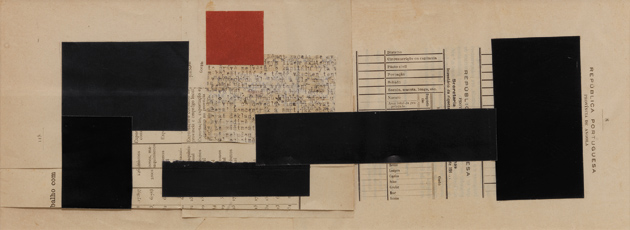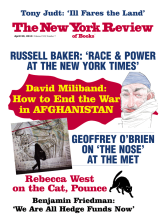I have been aware, as I write this autobiography, of a feeling of boredom with the project. My efforts to make what I write interesting seem pitiful. My hands are tied, I feel. I cannot write about myself as I write about the people I have written about as a journalist. To these people I have been a kind of amanuensis: they have dictated their stories to me and I have retold them. They have posed for me and I have drawn their portraits. No one is dictating to me or posing for me now.
Memory is not a journalist’s tool. Memory glimmers and hints, but shows nothing sharply or clearly. Memory does not narrate or render character. Memory has no regard for the reader. If an autobiography is to be even minimally readable, the autobiographer must step in and subdue what you could call memory’s autism, its passion for the tedious. He must not be afraid to invent. Above all he must invent himself. Like Rousseau, who wrote (at the beginning of his novelistic Confessions) that “I am not made like anyone I have ever been acquainted with, perhaps like no one in existence,” he must sustain, in spite of all evidence to the contrary, the illusion of his preternatural extraordinariness.
Since one of the occupational hazards of journalism is the atrophying (from disuse) of the journalist’s powers of invention, the journalist who sets out to write an autobiography has more of an uphill fight than other practitioners of the genre. When one’s work has been all but done—as mine has been for over a quarter of a century—by one brilliant self-inventive collaborator after another, it isn’t easy to suddenly find oneself alone in the room. It is particularly hard for someone who probably became a journalist precisely because she didn’t want to find herself alone in the room.
Another obstacle in the way of the journalist turned autobiographer is the pose of objectivity into which journalists habitually, almost mechanically, fall when they write. The “I” of journalism is a kind of ultra-reliable narrator and impossibly rational and disinterested person, whose relationship to the subject more often than not resembles the relationship of a judge pronouncing sentence on a guilty defendent. This “I” is unsuited to autobiography. Autobiography is an exercise in self-forgiveness. The observing “I” of autobiography tells the story of the observed “I” not as a journalist tells the story of his subject, but as a mother might. The older narrator looks back at his younger self with tenderness and pity, empathizing with its sorrows and allowing for its sins. I see that my journalist’s habits have inhibited my self-love. Not only have I failed to make my young self as interesting as the strangers I have written about, but I have withheld my affection. In what follows I will try to see myself less coldly, be less fearful of writing a puff piece. But it may be too late to change my spots.
This Issue
April 29, 2010




